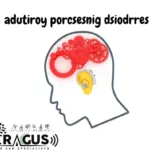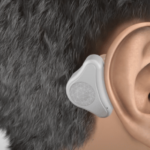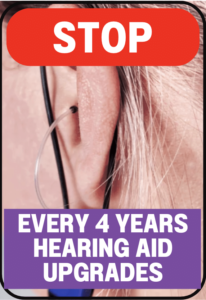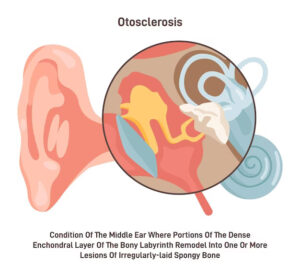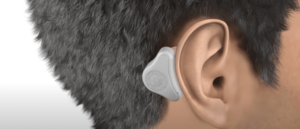Baha hearing aids, also known as bone-anchored hearing aids, are a type of hearing aid that is surgically implanted into the skull behind the ear. They work by transmitting sound vibrations through the skull bone to the inner ear, bypassing any problems with the external ear or middle ear.
Candidacy for Baha hearing aids is generally determined by an audiologist or ear, nose, and throat (ENT) specialist. Individuals who are candidates for Baha hearing aids typically have conductive hearing loss, mixed hearing loss, or single-sided deafness. Conductive hearing loss is caused by problems in the external or middle ear, such as a blockage or malformation, and can be treated with surgery. Mixed hearing loss is a combination of conductive and sensorineural hearing loss, which is caused by problems in the inner ear or auditory nerve. Single-sided deafness is a condition in which an individual has normal hearing in one ear and severe to profound hearing loss in the other ear.
Benefits of Baha hearing aids include:
-
Improved hearing in noisy environments: Baha hearing aids can help individuals with single-sided deafness or mixed hearing loss hear better in noisy environments, as they can pick up sound from both ears.
-
Better speech understanding: Baha hearing aids can improve speech understanding, particularly in individuals with single-sided deafness.
-
Natural sound quality: Baha hearing aids can provide a natural sound quality, as they work by transmitting sound vibrations through the skull bone to the inner ear.
Drawbacks of Baha hearing aids include:
-
Surgery: Baha hearing aids require a surgical procedure to implant the device, which may not be suitable for some individuals.
-
Cost: Baha hearing aids can be expensive and may not be covered by insurance.
-
Maintenance: Baha hearing aids require regular maintenance, such as cleaning and battery replacement.
Overall, Baha hearing aids can be a good option for individuals with conductive hearing loss, mixed hearing loss, or single-sided deafness. However, it is important to weigh the benefits and drawbacks and to consult with an audiologist or ENT specialist to determine if Baha hearing aids are the best option for an individual’s specific hearing loss.
References:
-
Bone Anchored Hearing Aid (BAHA) – Mayo Clinic. (n.d.). Retrieved from https://www.mayoclinic.org/tests-procedures/bone-anchored-hearing-aid/about/pac-20384577
-
Bone-anchored hearing aids (BAHA) – NHS. (n.d.). Retrieved from https://www.nhs.uk/conditions/bone-anchored-hearing-aids-baha/
-
Bone-Anchored Hearing Aids (BAHA) – American Speech-Language-Hearing Association. (n.d.). Retrieved from https://www.asha.org/public/hearing/Bone-Anchored-Hearing-Aids-BAHA/

